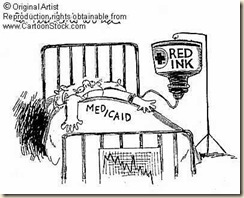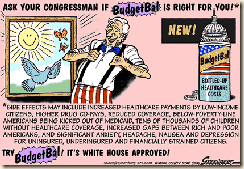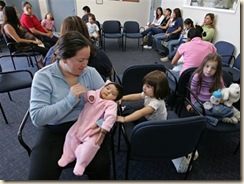Quote of the day:
Whenever you have an efficient government you have a dictatorship. - Harry S Truman
Beginning Oct. 1, Comcast will put a 250 gigabyte-a-month cap on residential users. The limit will not affect most users, at least not in the short-term, but is certain to create tension as some technologies gain traction. Whether or not this might extend to commercial usage, such as Health 2.0, or Web 2.0 is not addressed in this announcement from Comcast. Certainly as technological advances proceed it is difficult to predict when 'excessive use' becomes the average utilization. The use of PAC systems, streaming video, mobile phone solutions, remote at home monitoring, and connectivity among health care sectors is growing exponentially.
In other news, the FAA suffered a catastrophic breakdown of it's Atlanta operations center last week, causing delays in air traffic routing for several hours. The FAA's system is outdated and obsolete, despite a decade old effort to upgrade it. The FAA has two centers, one in Atlanta, and another in Salt Lake City. This allows for some redundancy, however, neither center is capable of providing full support without overload. The two videos which follow indicate the seriousness of this problem.
Personnel problems
Technical Issues
Why is this important to healthcare? It places in serious doubt whether the federal government is capable of designing, installing, or maintaining a nationwide system, something Health IT interests, providers, payors, hospitals and safety net providers should pay close attention. Governmental process grinds along, inexorably slow, and incapable of keeping up with technological advances that health care depends upon. The governmental role might be to encourage adoption of national standards.
Comments are welcome, and welcome to all our new readers and subscribers. The response has been awesome!!
























